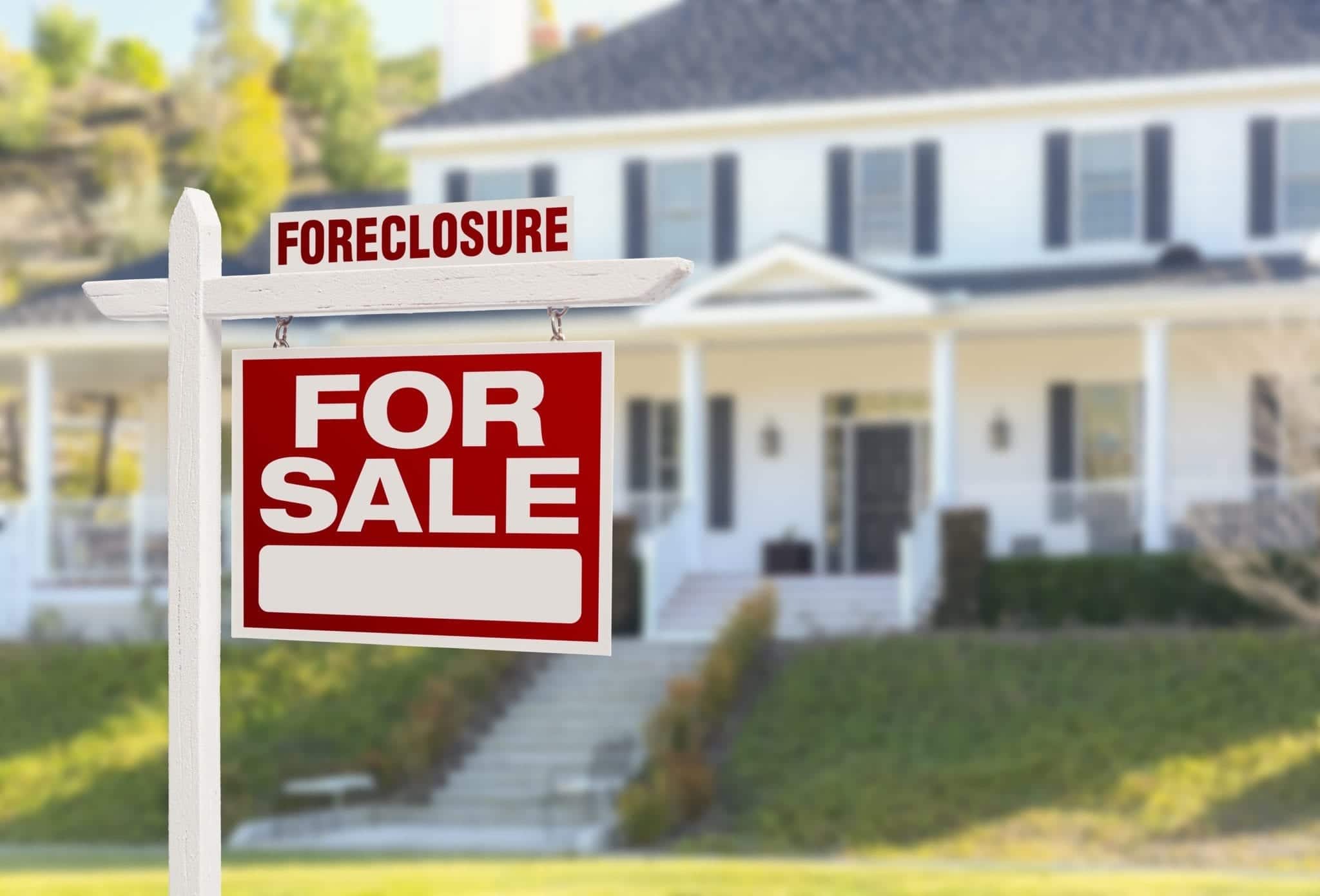When you file for Chapter 7 bankruptcy in Pennsylvania, a trustee may sell some of your property in order to repay your creditors. However, you may keep certain property by using protections called “bankruptcy exemptions.” Pennsylvanians have two options when it comes to bankruptcy exemptions: using the Pennsylvania exemptions, or using the federal exemptions. The choice you make will impact your ability to keep your house and other property. Continue reading to learn about protecting your home with the federal homestead exemption, then contact our Philadelphia bankruptcy attorneys to learn more about how bankruptcy can delay or prevent foreclosure.

What is Exempt Property in Bankruptcy?
Unfortunately, misinformation has led many to believe that filing bankruptcy will automatically result in the loss of all property. However, this is an inaccurate understanding of how bankruptcy actually works.
When you file for bankruptcy, everything you own becomes part of what is called the “bankruptcy estate.” A trustee, who will be assigned to your case by the bankruptcy court, assumes responsibility for managing your debts and assets, which is called “administering” the bankruptcy estate.
In Chapter 7 (liquidation), a major part of the trustee’s duty is to liquidate your assets, or in other words, sell assets and valuables to your creditors. However, you may protect certain assets with bankruptcy exemptions.
These protected assets are exempt from the bankruptcy estate, which means they cannot be sold by the trustee. Conversely, assets and property that have not been protected with exemptions are called non-exempt property. Non-exempt property is not exempt from the bankruptcy estate, which means it can be sold by the trustee.
Unlike Chapter 7, Chapter 13 bankruptcy allows you to keep your property in exchange for making monthly payments over a period of three to five years, a process known as “reorganization.” Instead of being used to protect property the way they are in a Chapter 7 case, bankruptcy exemptions in a Chapter 13 case are used chiefly to determine how much money you will be required to pay certain creditors. This amount varies from case to case, but the guiding principle is that you will be required to pay at least as much as you would have paid had you filed for Chapter 7 instead of Chapter 13. In other words, your nonpriority unsecured creditors must receive at least the amount that they would have received had the trustee sold your non-exempt property as part of a hypothetical Chapter 7 case.
Examples of nonpriority unsecured claims in bankruptcy include credit card debt, medical debt, and personal loans. Priority claims include child support and alimony. Secured claims, or claims “secured” by collateral, include auto loans and mortgages. Priority claims must be paid in full in Chapter 13. Failure to pay back secured creditors may cause you to lose the collateral that secures the debt, meaning your home could be foreclosed on or your vehicle could be repossessed.

Should I Use the State or Federal Homestead Exemption?
Once you understand what bankruptcy exemptions are and how they are used, the next step is deciding which set of exemptions to use. While some states simply require residents to use the state exemptions, Pennsylvania allows you to choose between the federal exemptions and Pennsylvania exemptions. The only caveat is that you must choose one set and use it consistently, as bankruptcy regulations prohibit the mixing and matching of federal and state exemptions. Because of this rule, it is critical that you choose your exemptions wisely, which is one of the reasons it is in your best interests to review your options with a Philadelphia Chapter 7 lawyer before you decide to declare bankruptcy in Pennsylvania.
The federal homestead exemption currently allows you to protect up to $23,675 of equity in your home. Home equity is the difference between what the property is worth, and the amount you still owe on the mortgage. For example, if your home is worth $200,000, and the balance you still owe on your mortgage (called the “outstanding balance”) is $180,000, the amount of home equity would be $20,000. In this scenario, you would be able to protect your home equity, because the amount is fully covered by the federal homestead exemption. Moreover, the federal homestead exemption can be doubled, bringing the total amount to $47,350, if you and your spouse file for bankruptcy jointly (as opposed to filing individually).
It is critically important to note that the federal homestead exemption excludes rental properties. You must own the property — not rent it — in order to apply the exemption.
The Pennsylvania bankruptcy exemptions do not include a homestead exemption. However, if using the Pennsylvania exemptions, you may still be able to protect your home equity if both of the following statements are true:
- You are married.
- You and your spouse hold the property “as a tenancy by the entirety,” meaning you and your husband or wife own the house together.
Philadelphia Bankruptcy Attorneys for Chapter 7 and 13
Are you a Pennsylvania resident who is worried about losing your home to foreclosure? It may be possible to save your house if you review your options with a Philadelphia mortgage foreclosure lawyer right away. Depending on your income, debts, and assets, you may be able to protect your home by filing bankruptcy with help from an experienced Philadelphia Chapter 13 attorney. To discuss how bankruptcy may be able to protect your property while granting debt relief, call Sadek Bankruptcy Law Offices at (215)-545-0008 today.





